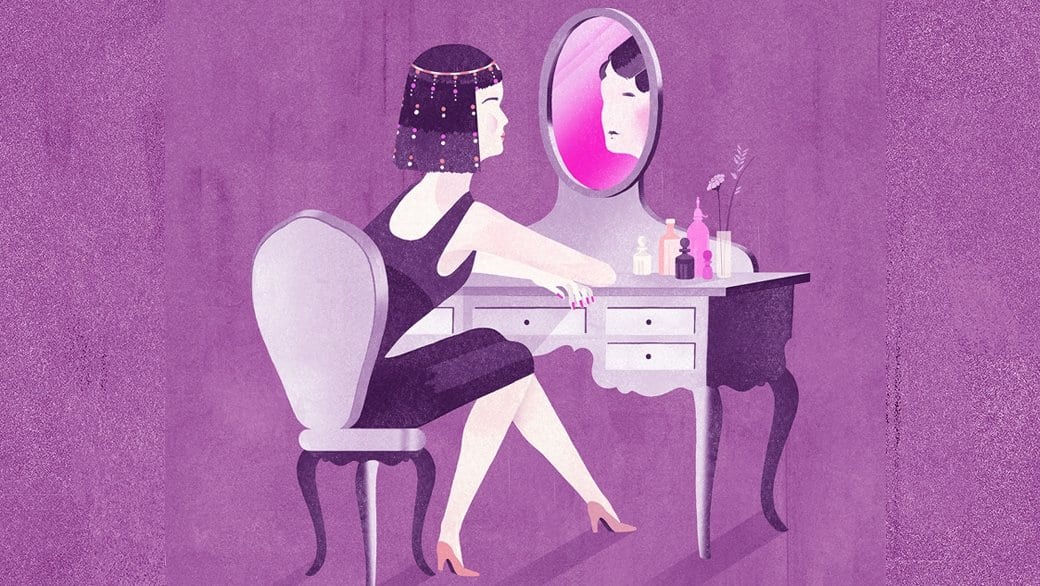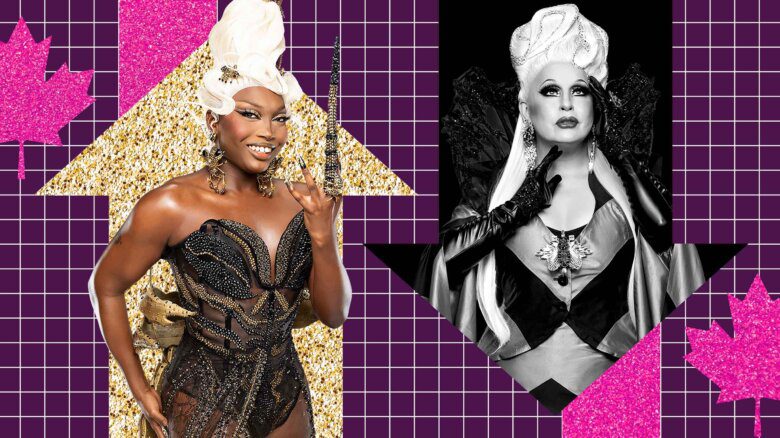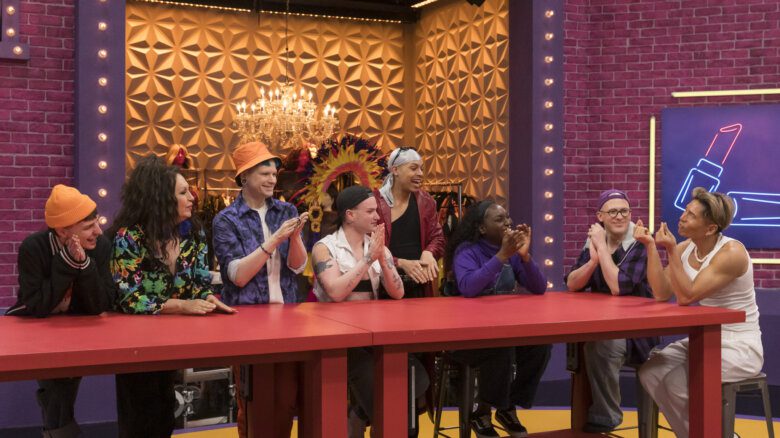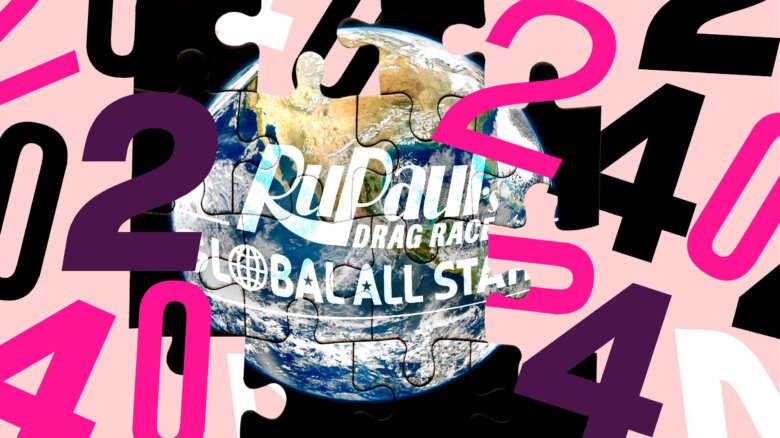From Hamlet to Macbeth, Medea to Blanche DuBois, mainstream theatre is chock-full of iconic roles. By comparison, queer theatre has produced a handful of standout plays, but individual roles that reach the status of their straight counterparts are few and far between.
Despite the limited range to choose from, Damien Atkins has managed to sink his teeth into a number of these parts. Most recently, it was in Soulpepper’s revival of Tony Kushner’s Angels in America, in which Atkins played the self-proclaimed prophet and AIDS patient, Prior Walter. Back in 2004, Atkins played David in the remount of Brad Fraser’s smash hit, Unidentified Human Remains and the True Nature of Love.
This month, Atkins will take on another part that holds truly iconic status, with the title role in Michel Tremblay’s Hosanna. In 1973, the play premiered in French; the English version came to Toronto a year later. Unfolding over a single evening, it follows an aging drag queen who returns to the cramped apartment that she shares with her lover, Cuirette (Jason Cadieux) after being humiliated by a group of her vengeful peers.
“To be honest, I don’t feel any pressure,” Atkins says of stepping into the role. “At a certain point the concerns of the character become much more important than your own ego. The play starts demanding that you devote yourself to it and you just have to get out of the way and let it take over.”
“At that point, I can’t worry so much about the people who’ve come before me. I just have to trust that I’ll bring something of myself to it.”
Soulpepper’s artistic director Albert Schultz had been chatting with Atkins about the role for several years before they both finally decided to go ahead with it in June.
True to form, as soon as they had inked the deal, Atkins began extensive research on the play’s history and central themes.

He read much of Tremblay’s other writing (where several of the characters from Hosanna appear repeatedly) and watched the lengthy film, Cleopatra (This play features Hosanna dressed as Elizabeth Taylor in Cleopatra).
Next, Atkins went to Montreal to visit Parc La Fontaine, a former cruising hotspot that appears in the script, as well as some of the city’s remaining drag bars. He also scored something of a coup when he got a meeting with Tremblay himself — who rarely does interviews these days.
Atkins also spoke to as many actors as he could who had previously taken on the role, as well as a few directors who helmed past productions.
Finally, he spent a whack of time hanging out with friends from Toronto’s drag scene, chatting with them about life in heels and how the play’s plot stacks up against the realities of the business.
“I had a friend who told me that what happens to Hosanna isn’t that out of the ordinary,” he says. “It’s a competitive show business world full of strong personalities, so these kinds of explosive confrontations, where a big group of queens get together to gang up on someone like that can definitely happen.”
The reappearance of Hosanna in 2016 is part of a larger trend of bringing queer classics back to the stage. Recent years have seen Toronto revivals of Angels in America, The Normal Heart, and Bent, as well a new Vancouver production of The Children’s Hour and an Opéra de Montreal adaptation of Michel Marc Bouchard’s Lilies. Atkins himself, along with co-creators Andrew Kushnir and Paul Dunn, developed and toured The Gay Heritage Project, which examines the question of whether gay heritage even exists.
This recent fascination for history in a theatrical ecosystem — focused almost exclusively on new works — marks an important turning point in queer Canadian theatre.
“We now have an actual canon of work to refer to and part of the purpose of a canon is that you go back and wrestle with it,” Atkins says. “We’re at a certain level of privilege in Canada — in terms of gay rights — so on some level, looking backwards is about examining how these things have been achieved.”
“Taking on a role like this really helps you understand that although the circumstances of gay life have changed immensely in the last 40 years, certain truths still apply.”
Hosanna
Sept 27-Oct 12, 2016


 Why you can trust Xtra
Why you can trust Xtra


